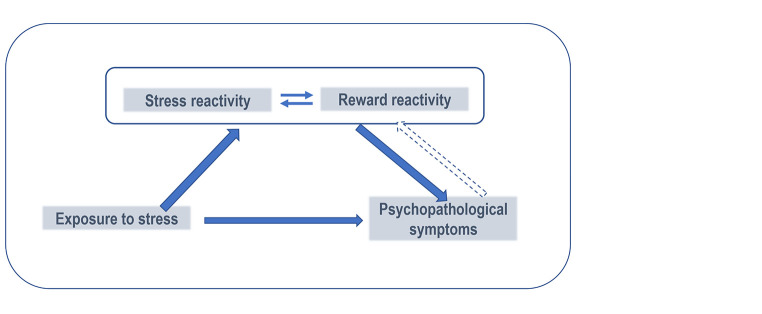The (Neuro)-Science Behind Resilience: A Focus on Stress and Reward.
IF 2.4
Q2 Psychology
引用次数: 0
Abstract
of disorders in a transdiagnostic approach based on clinical neuroscience research results. Preliminary studies from our group suggest that in children of parents suffering from depression, reactions to rewards are impacted differently than in a control group under acute stress conditions (Gaillard et al., 2020; Martin-Soelch et al., 2020). These results are interesting because our partici pants had no clinical symptoms, but they showed different neural activation to reward stimuli and to the effect of stress on their processing. This may suggest a form of latent vulnerability that is not observable at the behavioral level. These results are in line with differences observed in response to rewarding information (without stress) in offspring of depressed parents (McCabe et al., 2012)

弹性背后的(神经)科学:关注压力和回报。
本文章由计算机程序翻译,如有差异,请以英文原文为准。
求助全文
约1分钟内获得全文
求助全文
来源期刊

Clinical Psychology in Europe
Psychology-Clinical Psychology
CiteScore
3.00
自引率
0.00%
发文量
26
审稿时长
16 weeks
 求助内容:
求助内容: 应助结果提醒方式:
应助结果提醒方式:


